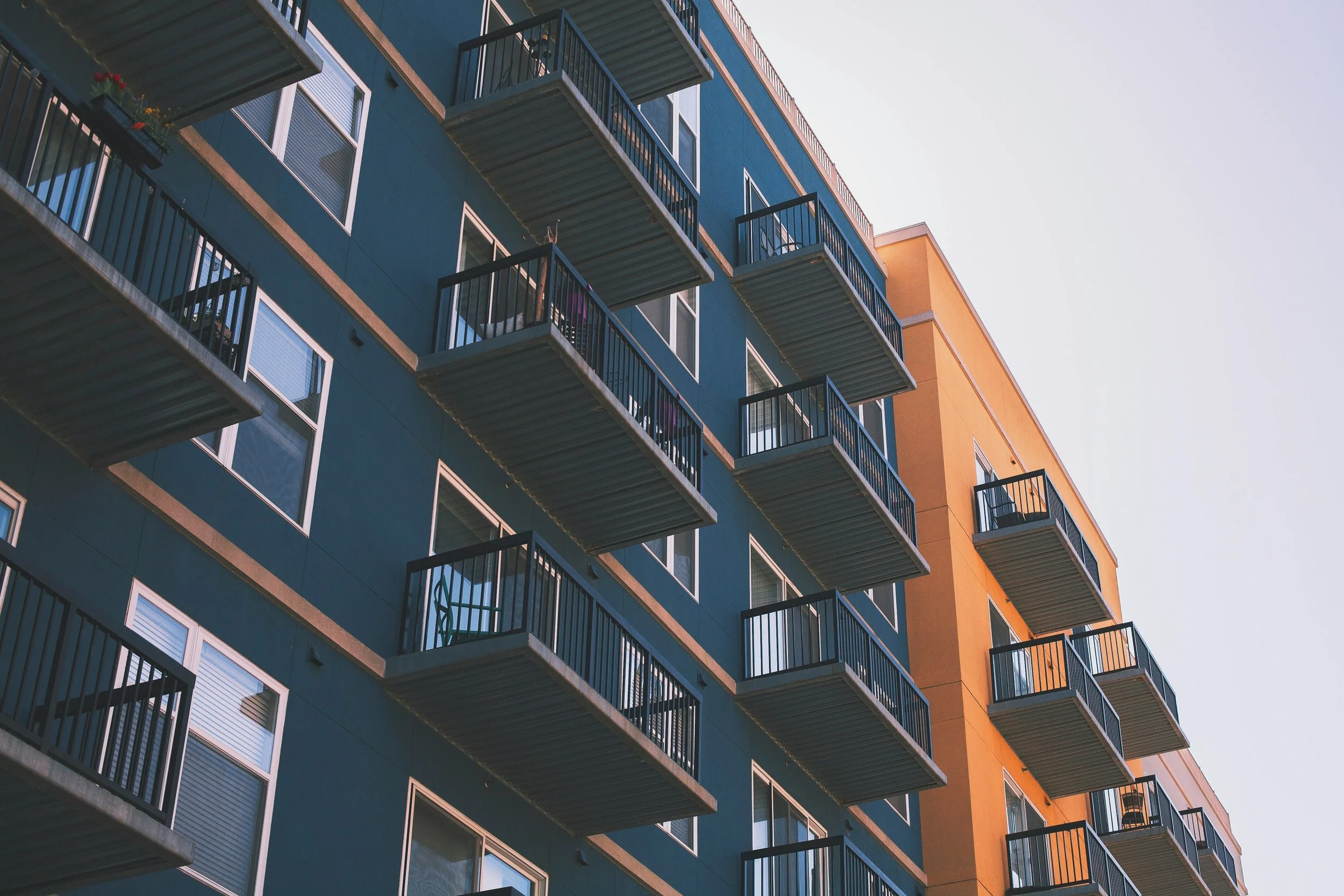Guide to Yoga's Role in Recovery & Mental Health
Are you seeking a holistic approach to support your mental health and recovery journey? If so, this comprehensive guide is tailored for individuals like you who explore the transformative power of yoga.
Addressing your concerns and empowering you with practical insights, this article unveils the profound connection between yoga and mental well-being, backed by scientific evidence and personal experiences. Prepare to unlock a world of healing and growth as we delve into the role of yoga in recovery and mental health.
The Connection Between Yoga and Mental Health
Yoga has been shown to have major benefits for mental health. Practicing yoga regularly can lead to a range of positive effects on your mental well-being, such as increased mental clarity, reduced stress, improved focus and concentration, better sleep, a boosted mood, and heightened self-awareness.
One of the main ways yoga helps mental health is by:
Lowering stress hormones
Raising levels of feel-good hormones like serotonin and dopamine for feelings of positivity and relaxation
Increasing gray matter in the brain involved in muscle control and sensory perception
Improving cognitive abilities like memory and attention span
Yoga is closely linked to helping manage depression. Depression is a complex issue that deeply impacts society, and yoga provides a multidimensional approach to this multifaceted illness. Yoga can be part of a personalized treatment plan, including addiction treatment programs, to help people manage their depression symptoms and improve their overall mental health.
Studies show yoga practices are associated with lower levels of the stress hormone cortisol and higher levels of GABA neurotransmitters that regulate anxiety and stress responses. Research has also demonstrated that yoga leads to better mood improvements compared to other exercises like walking.
Additionally, yoga provides a gentle form of exercise that can benefit those with or at risk for depression by giving them an enjoyable way to start being active. The non-judgmental nature of yoga classes and the supportive community aspect are also important for people struggling with depression.
Here are the key points summarizing how yoga profoundly impacts mental health:
Reducing stress
Regulating neurotransmitters
Boosting mood
Offering a supportive environment
Powerful tool for promoting well-being
Aids recovery from mental health conditions
Yoga Practices for Specific Mental Health Conditions
Yoga offers a versatile toolkit for addressing various mental health conditions, tailoring practices to specific needs. For individuals dealing with anxiety disorders, specific yoga poses and sequences have a calming effect on the nervous system, promoting relaxation and reducing symptoms.
A study published in the Journal of Alternative and Complementary Medicine reported that participants who practiced yoga experienced significant reductions in anxiety levels compared to control groups. For those battling depression, targeted yoga sequences can elevate mood and energy levels. A study in the Journal of Psychiatric Practice found that individuals who participated in yoga classes experienced improved depressive symptoms and overall well-being.
Similarly, trauma-informed yoga practices have proven effective in aiding recovery for individuals with post-traumatic stress disorder (PTSD). These specialized practices create a safe and supportive environment, helping participants cultivate self-awareness and process traumatic experiences.
Scientific Evidence Supporting Yoga as a Therapeutic Tool
The efficacy of yoga as a therapeutic tool for mental health is supported by a growing body of scientific evidence. Numerous studies and clinical trials have highlighted yoga's positive impact on various mental health conditions. For instance, a meta-analysis published in the British Journal of Sports Medicine found that yoga was an effective intervention for reducing symptoms of depression and anxiety.
Furthermore, yoga is increasingly being integrated into traditional mental health therapies, offering a complementary approach to conventional treatment methods. Therapists and mental health professionals recognize the value of incorporating yoga into their clients' recovery plans, as it provides a holistic means of addressing physical, emotional, and spiritual well-being.
Practical Guide to Incorporating Yoga into Recovery Programs
Here's a simplified version of the practical guide to incorporating yoga into recovery programs, presented in US English:
For people looking to add yoga to their recovery journey, starting at home can be a great first step. Online videos and apps provide guidance for beginners, allowing you to explore yoga in a comfortable environment. As you gain confidence, attending classes or working with a qualified instructor can deepen your practice and provide personalized support.
When choosing yoga classes or instructors, it's important to find those specifically designed for mental health recovery or with experience in trauma-informed practices. These specialized teachers are trained to create a safe, inclusive space that accommodates individual needs and limitations.
Choosing the Right Classes/Instructors
Look for classes labeled "trauma-sensitive," "recovery-friendly," or "accessible"
Research the instructors' training and experience with trauma-informed yoga
Don't hesitate to explain your needs and limitations upfront
Opt for smaller class sizes for more personal attention
Consider private or semi-private sessions for extra support
Remember, incorporating yoga into your recovery is a personal journey. Be open to trying different styles and instructors until you find the right fit. With patience and an open mind, yoga can become a powerful tool in your path to healing and well-being.
Mindfulness and Meditation
Yoga and mindfulness meditation often go hand-in-hand, working together to boost mental recovery and overall well-being. Combining the physical practice of yoga with mindfulness techniques allows people to build greater self-awareness, control over their emotions, and ability to stay focused on the present moment. Lots of case studies and personal stories show this combined approach gets great results.
This integrated approach has been effective for healthcare workers, helping them manage anxiety, emotions, and stress on the job. It's also highlighted as a powerful method for trauma recovery - promoting healing, resilience, and regaining control over one's life after difficult experiences.
In addiction recovery programs, adding yoga and mindfulness can:
Increase self-awareness and control over emotions - key for overcoming addiction
Provide healthy ways to cope with stress and triggers
Create a supportive community, vital for long-term sobriety
By combining the physical yoga practice with mindfulness, people can cultivate deeper self-awareness, manage emotions better, and stay grounded in the present. This leads to improved mental recovery and an overall healthier, more balanced life.
Challenges and Considerations
While yoga offers immense benefits for mental health recovery, it is essential to acknowledge potential challenges and considerations. Physical limitations or chronic conditions may require modifications to certain yoga poses or sequences for some individuals. In such cases, working with a qualified instructor who can provide appropriate adaptations is crucial.
It is also important to recognize that yoga may not be a one-size-fits-all solution for severe mental health conditions. In these instances, it is advisable to seek professional guidance and integrate yoga as a complementary practice alongside other evidence-based treatments.
Yoga Styles and Their Benefits for Mental Health Recovery
FAQs: Yoga's Role in Recovery & Mental Health
1. What type of yoga is best for mental health recovery?
Different styles of yoga offer unique benefits for mental health recovery. Gentle practices like Hatha or Restorative yoga can be particularly helpful for those seeking a calming and grounding experience. However, more physically active styles like Vinyasa or Power yoga may better suit individuals seeking an invigorating practice to boost mood and energy levels. Ultimately, the most effective style is the one that resonates with your personal preferences and needs.
2. Can yoga alone be effective for mental health issues, or should it be combined with other treatments?
While yoga can be incredibly beneficial for mental health, it is often most effective when combined with other evidence-based treatments, such as psychotherapy or medication, depending on the individual's condition and needs. Yoga should be viewed as a complementary practice, supporting and enhancing the effects of traditional mental health treatments.
3. Are there any risks associated with practicing yoga for individuals with severe mental health issues?
For individuals with severe mental health conditions, it is crucial to approach yoga with caution and under the guidance of qualified mental health professionals. Certain yoga practices or poses may potentially trigger or exacerbate symptoms in some cases. It is essential to work with trauma-informed yoga instructors who can modify practices as needed and create a safe and supportive environment.
Yoga for Better Mental Health
Yoga offers a holistic journey for mental health and recovery, addressing physical, emotional, mental, and spiritual well-being. It reduces stress and builds resilience. Whether starting or maintaining mental health, exploring various styles with guidance empowers individuals. Start today, connect with your breath, and let yoga unveil its transformative power.









